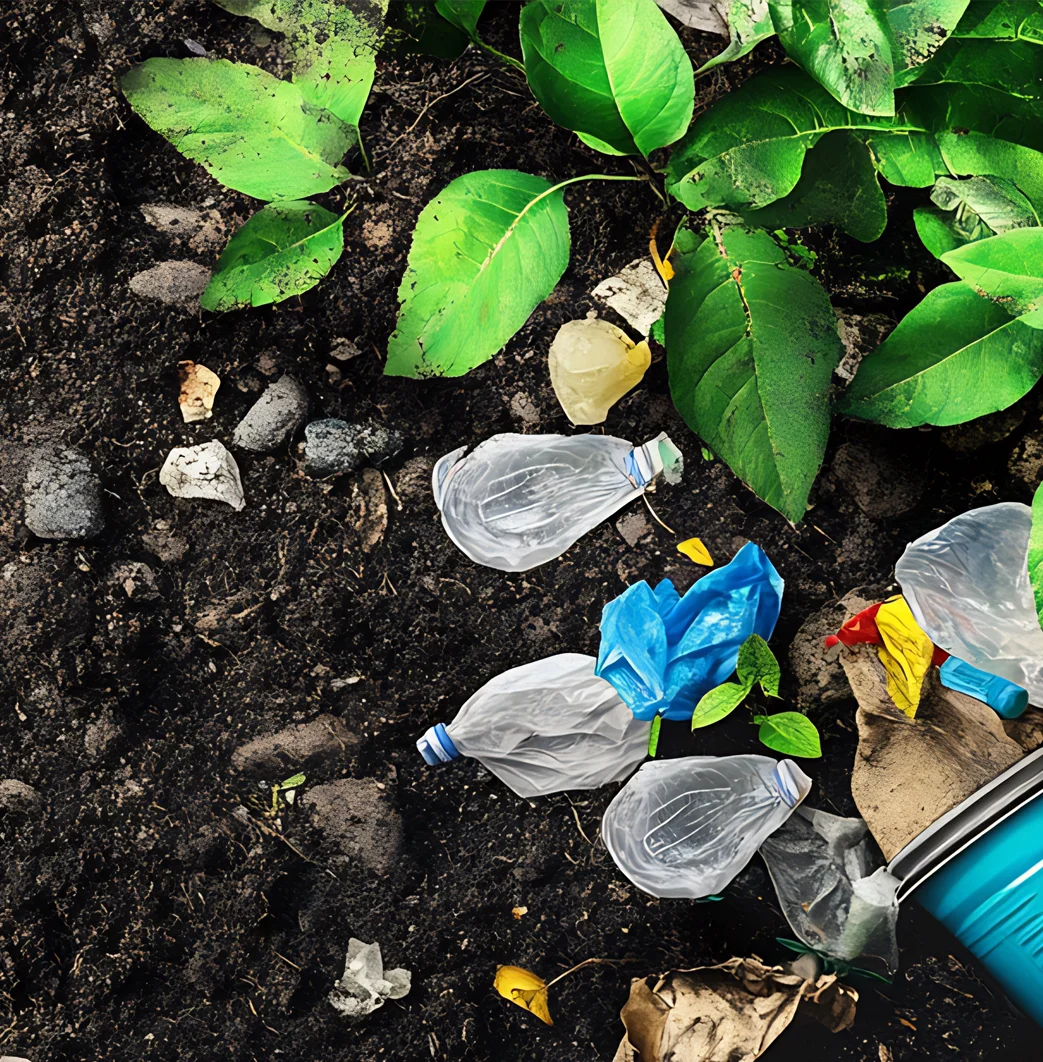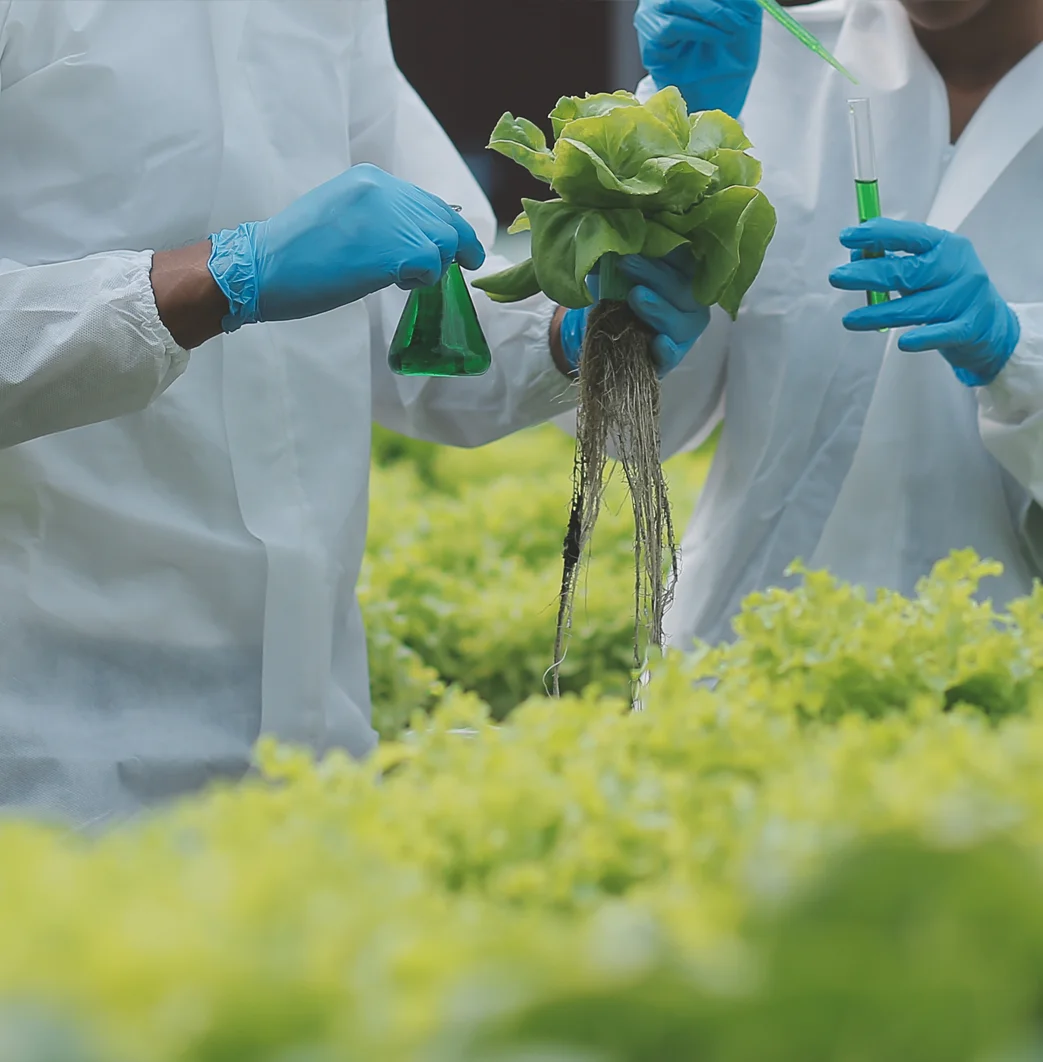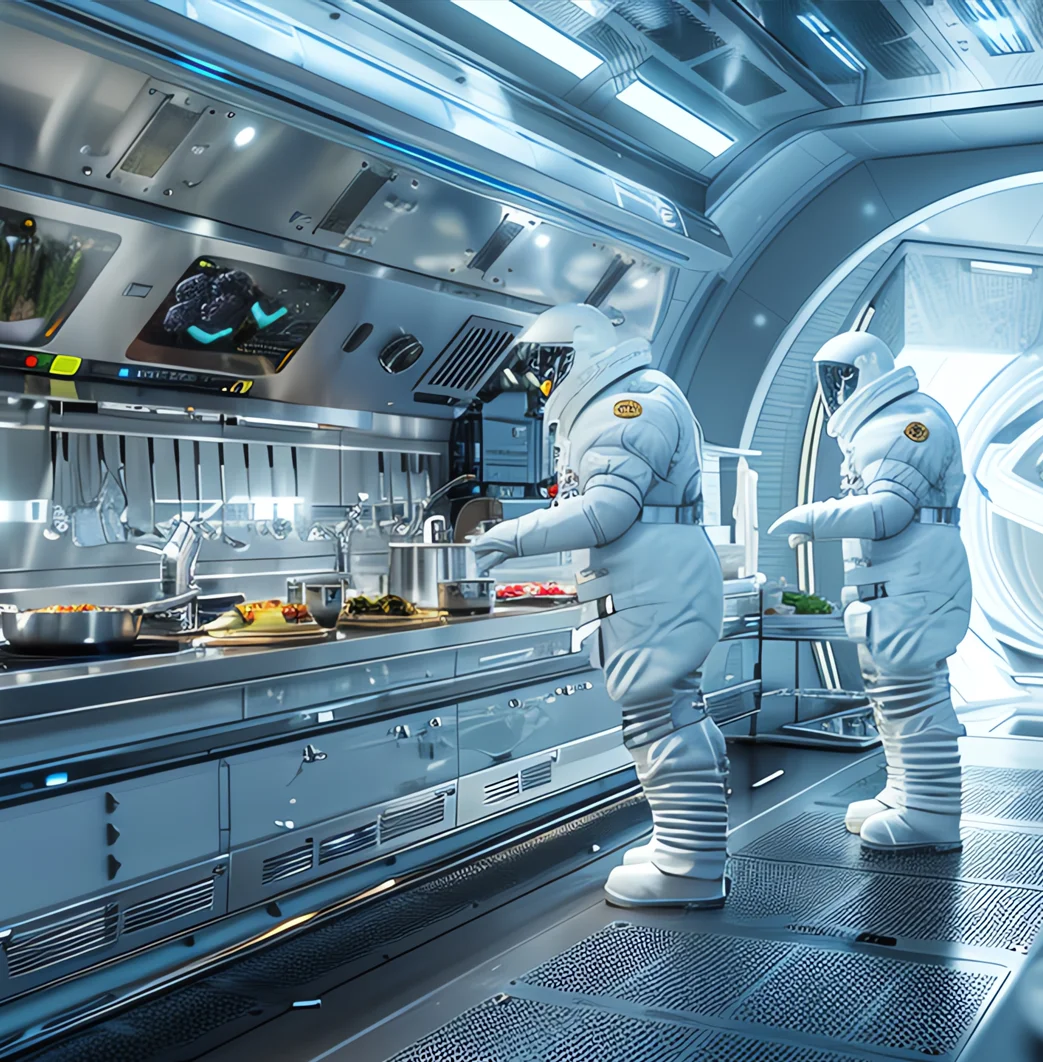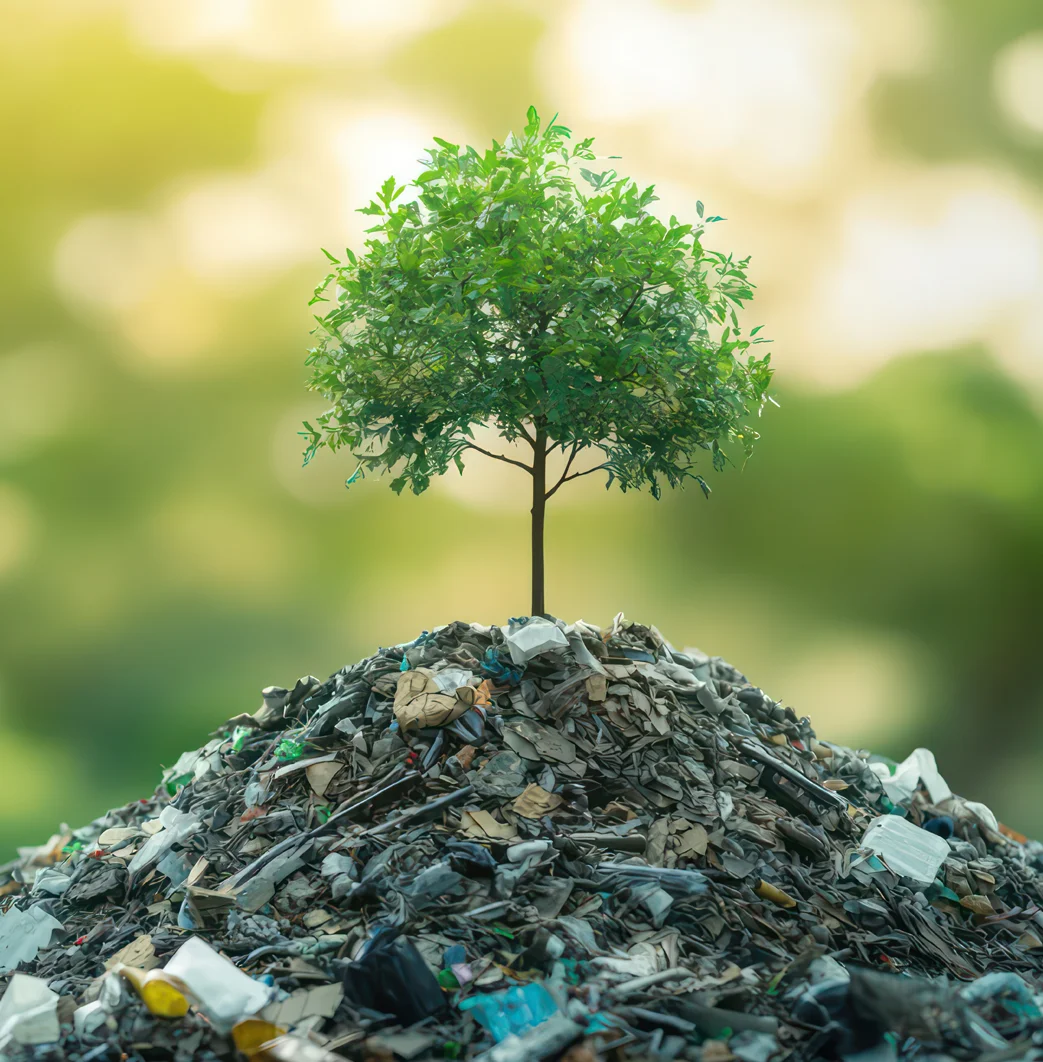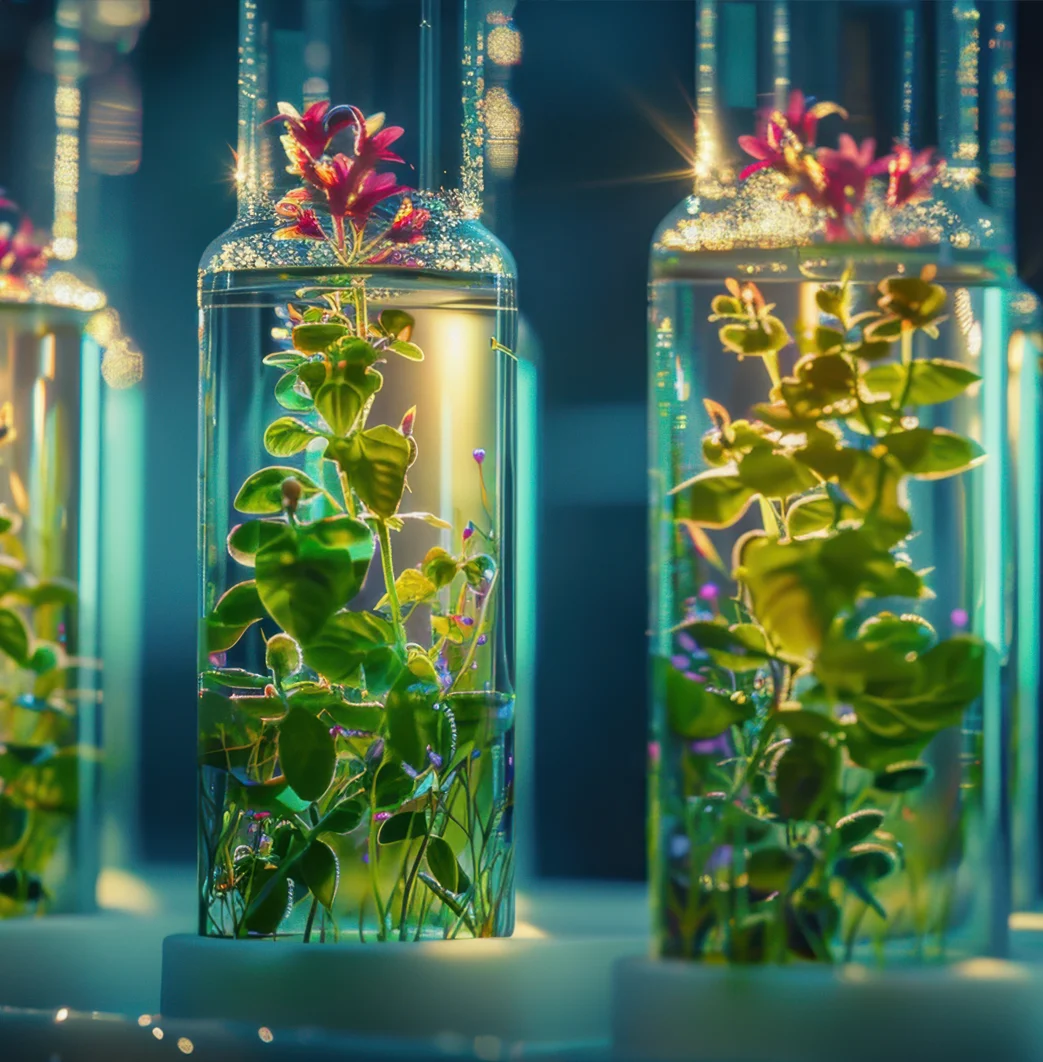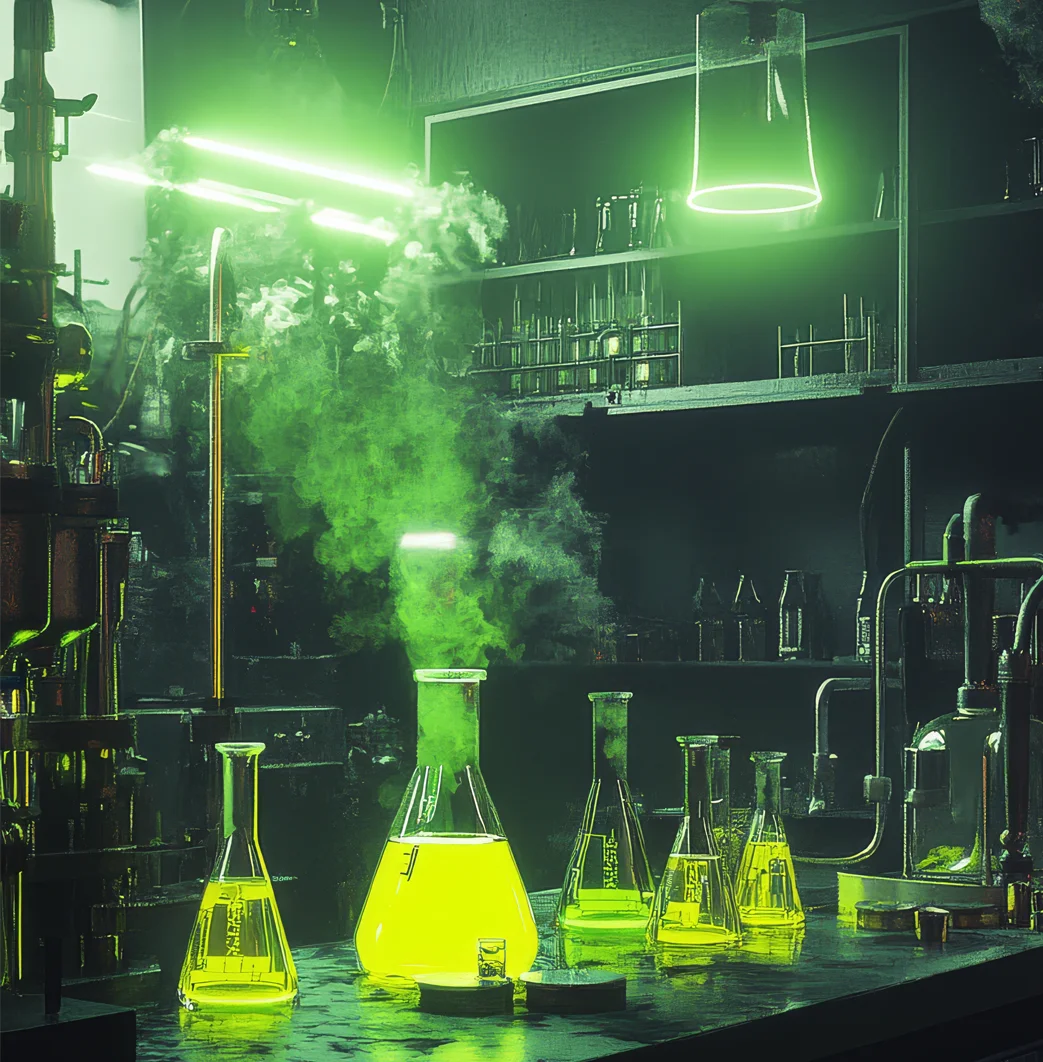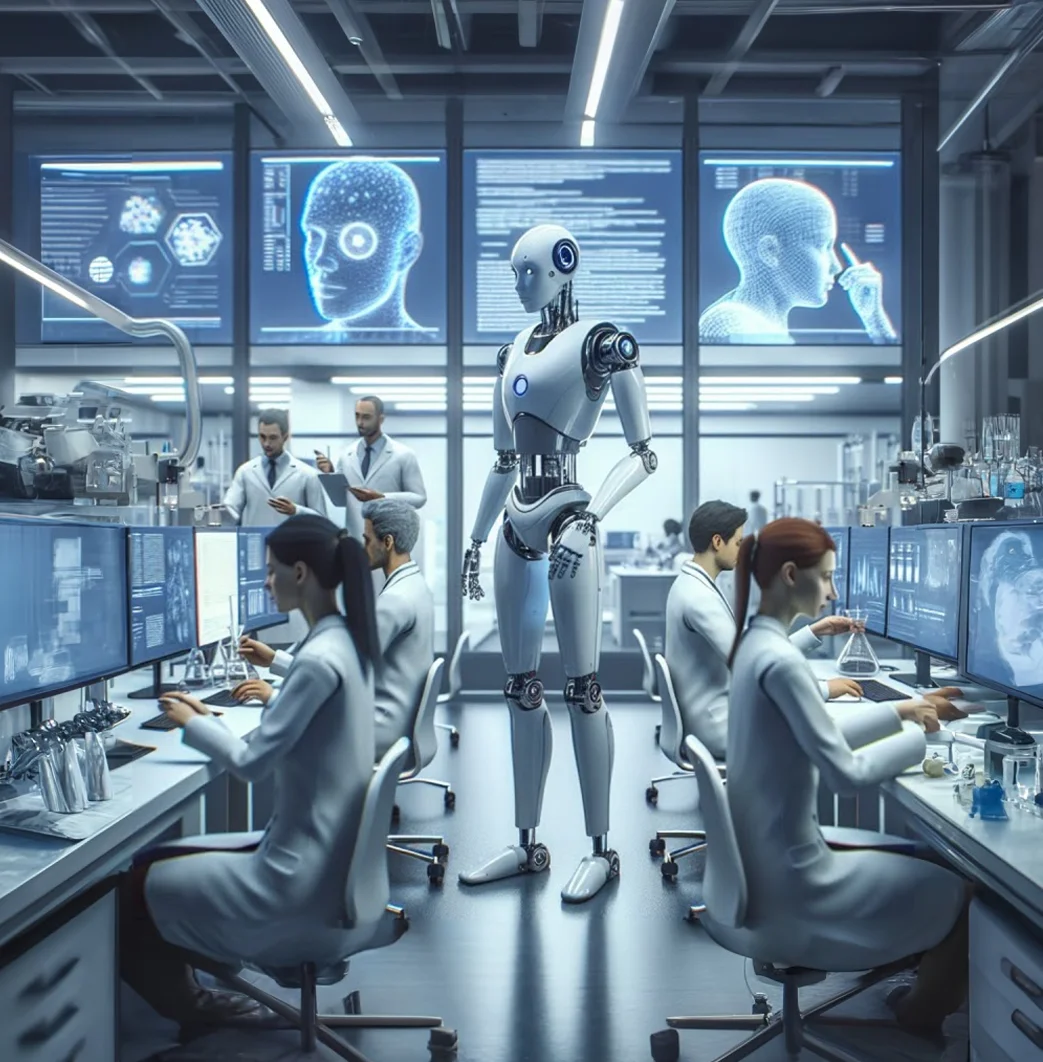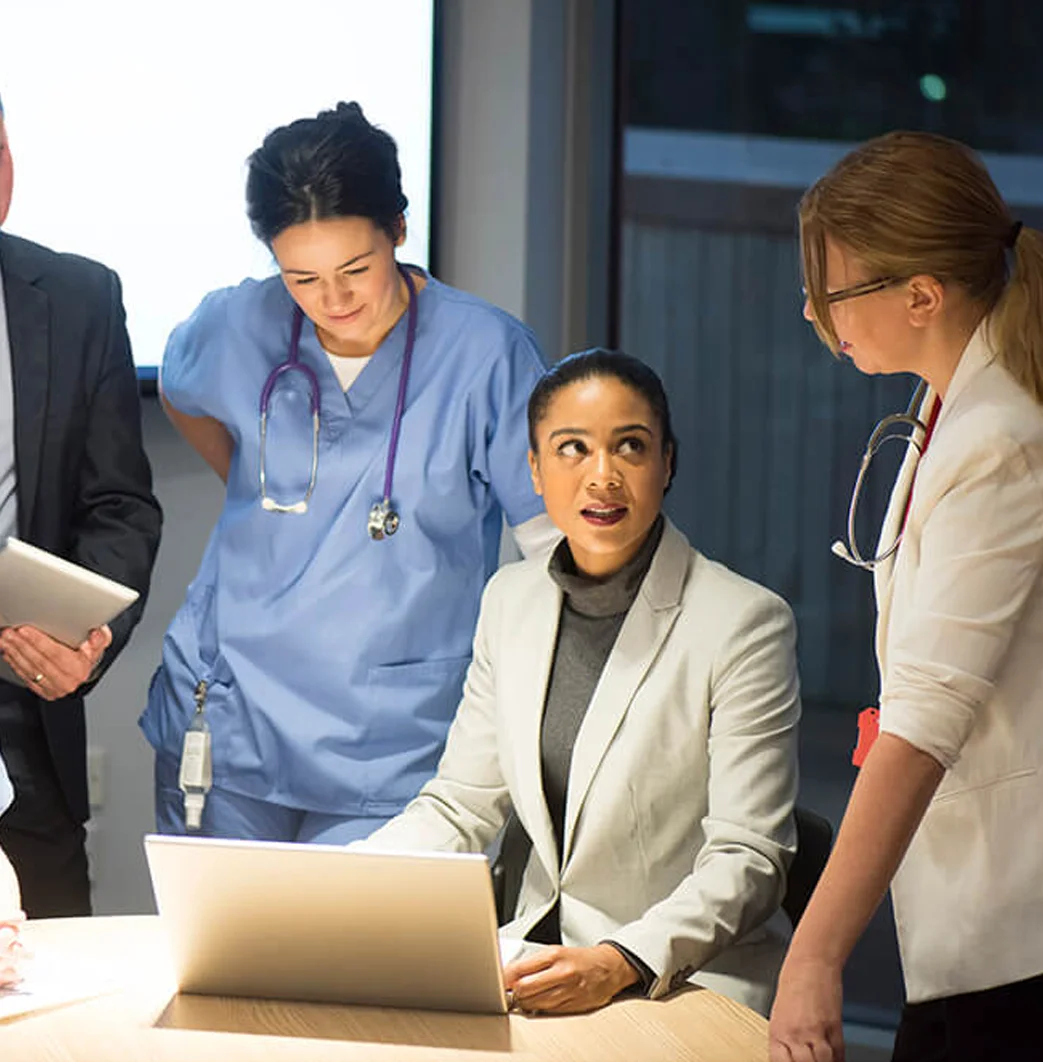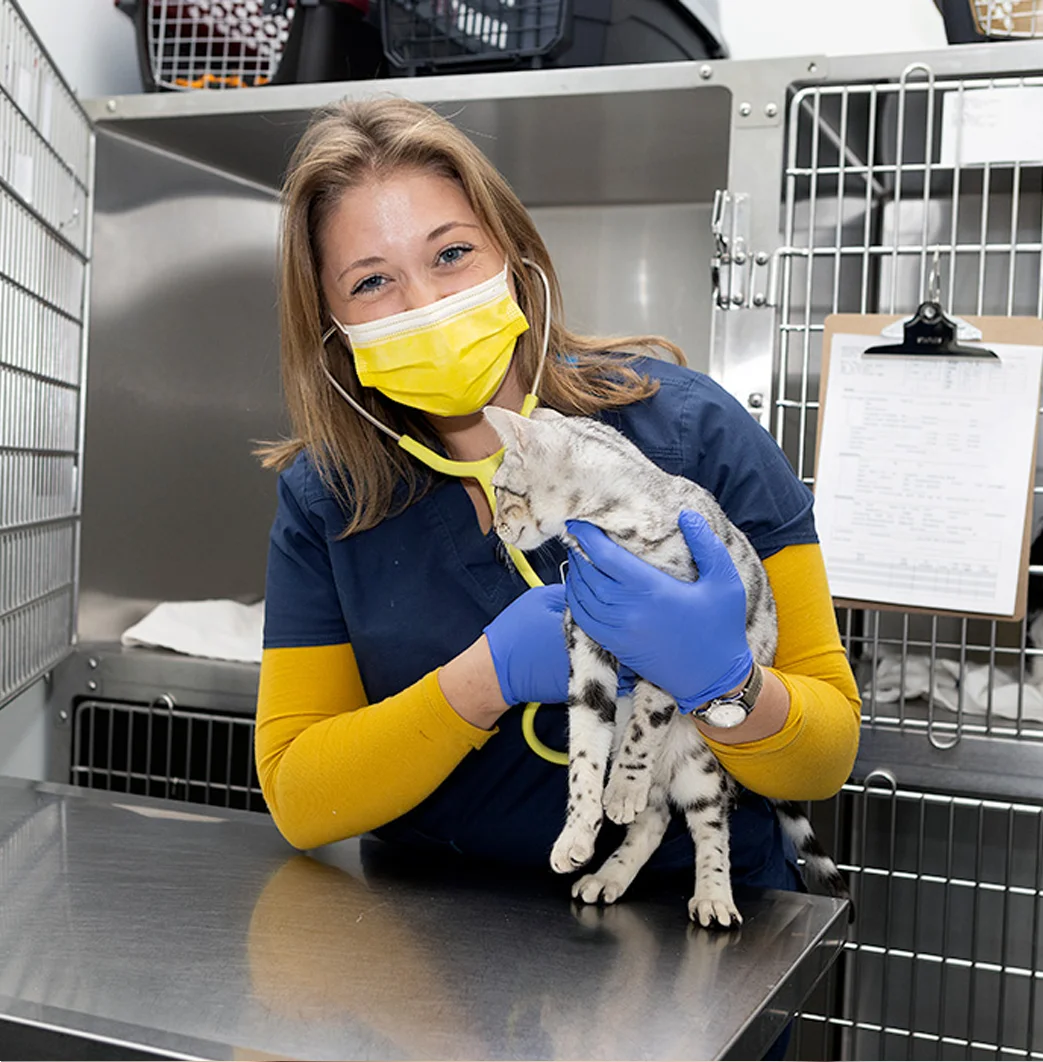Send a message.
Email Center:
info@visionofresearch.ae
Call Center:
+971 425 44824
Environmental Project Design & Waste Management
Functional Foods & Probiotics Development
Renewable Energy Solutions
Biodegradable Plastics & Biopolymers
Genetically Modified Agricultural Products
Space Food Production System
Bio-Based Textiles & Natural Dyes
Natural & Sustainable Cosmetics
Bioinformatics & Drug Design
Pharmaceutical & Medical Project Management
Veterinary Industry Innovations
Inferlity (IVF) and Genecs
Dermatology, Hair, and Aesthecs
Physical and Cognive Rehabilitaon
Diabetes and Chronic Diseases
Psychology and Mental Health
Cancerand Immunotherapy
Regenerave Medicine
Research-Based / Academic Clinics
Nutrion and Diet Therapy
In Vivo
- pharmacokinetics (PK)
- Safety Pharmacology
- pharmacodynamics (PD)
In Vitro
- Drug Safety Evaluation
- ADME (Drug Metabolism & Pharmacokinetics)
- Bioanalysis (Micromolecular & Macromolecular)
Animal studies
Histological studies
Cellular studies
Herbal extraction studies
Genetics studies
Molecular studies
Microbilogy studies
Biotechnology
Personalized Therapies Based on Genetic Content
Talent & Risk Prediction of Chronic Disease + Enhanced Diagnostics
Unique Talent Discovery & Lifestyle Optimization



